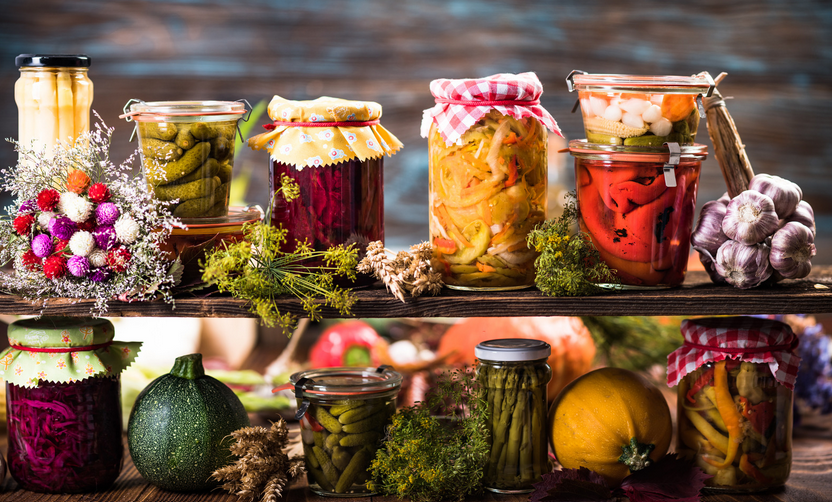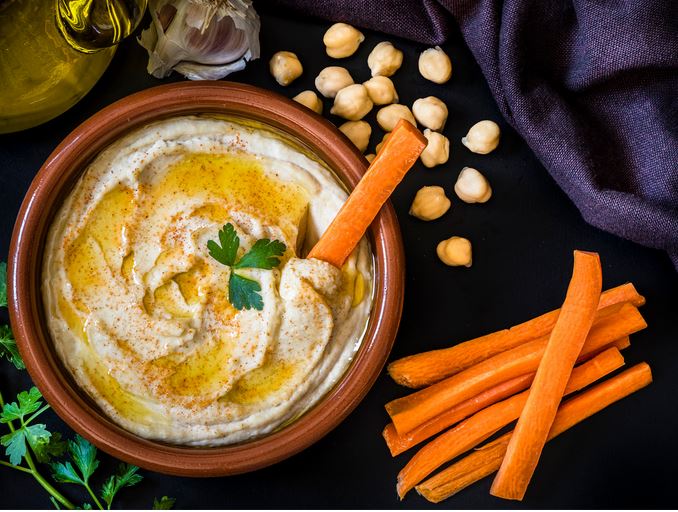Why Do We Eat When We’re NOT Hungry?
We certainly eat when we are happy and it can bring great joy! But we often eat when we are stressed, mad, tired, sad or bored. Our bodies perceive these emotions as chronic stress, and our brains release the hormone cortisol, which can stimulate the appetite, which may turn us to food!
Craving foods is a complex process and unfortunately, we are not usually driven to crave vegetables (unfortunately), we usually seek out foods high in salt, fat, and/or sugar. These flavours are hyper-palatable and stimulate the release of the neurotransmitter dopamine, which is responsible for us feeling pleasure, and satisfaction and keep us wanting more, So, reaching for these foods with these flavours can become habitual.
Adding to our habitual cravings can be the fact these types of foods are often readily available everywhere! In our supermarket isles, on racks in petrol stations, and waiting at every checkout line!
So, How Do We Curb Cravings?
We often eat while watching television, answering emails or talking on the phone. Multi-tasking causes us to become distracted and we can eat without thinking, meaning we don’t realize that we are full, and end up eating more. Becoming mindful when eating and enjoying all foods can help curb our cravings. So, the answer is Mindful Eating! How do we do that I hear you ask?
What is Mindful Eating?
Mindful eating is based on a Buddhist concept. Mindfulness is a form of meditation that helps us recognize and cope with our emotions and physical sensations. Mindful eating is about using mindfulness to reach a state of full attention to your experiences, cravings, and physical cues when eating.
Fundamentally, mindful eating involves and can aid:
- Distinguishing between true hunger and non-hunger triggers for eating (like boredom)
- Listening to physical hunger cues and eating only until you are full
- Engaging your senses by noticing the colours, smells, sounds, textures, and flavours of the food
- Eating slowly and without distraction (of TV / work / email/ phone)
- Appreciating your food
These things allow us to replace automatic thoughts and reactions with more conscious, healthier responses.
Why Is It Important?
Eating has become a mindless act, often done quickly while doing something else (like driving?). This can be problematic, since it takes our brain up to 20 minutes to realize we’re full. If we eat too fast, the fullness signal may not arrive until we have already eaten too much.
By eating mindfully, we restore our attention and slow down, making eating an intentional act instead of an automatic one.
We also increase our awareness of triggers that make us want to eat, even though we’re not necessarily hungry. By knowing our triggers, we can create a space between them and our response, giving us the time and freedom to choose how to react.
Putting It All Together
There are many simple ways to get started, some of which can have powerful benefits on their own:
- Eat more slowly and do not rush your meals – allocate time for meals.
- Chew thoroughly – try to chew 15 to 20 x each mouthful (even more? This may be hard to do, however, it can help to slow you down).
- Eliminate distractions by turning off the TV and putting down your phone.
- Eat in silence / or eat with the family around the table / set a table, even if alone.
- Stop eating when you are 80% full (to avoid over-eating).
- Focus on how the food makes you feel. Ask yourself why you are eating, whether you are truly hungry, and whether the food you chose is healthy.
For more support on curbing cravings and mindful eating, you are welcome to book online at
https://handcraftedhealth.com.au/online-booking/








0 Comments